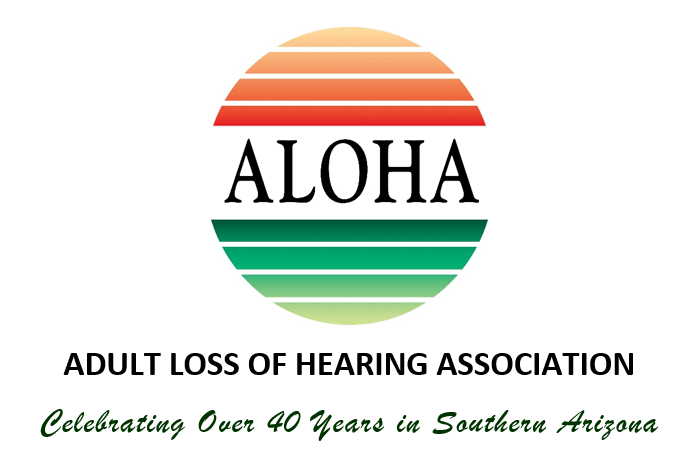Veterans and Hearing Loss
Are you a U.S. veteran worried you may have hearing loss? You’re not alone.
Annually, about one million veterans receive disability compensation for hearing loss. In fact, because of routine exposure to loud noise in active combat and other on-the-job activities, hearing loss is the most prevalent service-related injury that disables veterans, according to the U.S. Department of Veterans Affairs (VA).
To help veterans coping with hearing loss or related disorders like tinnitus, the VA offers two main services:
- free or low-cost hearing health care (such as hearing aids) through VA Health Benefits,
- and monthly tax-free payments through VA Disability Compensation.
Are you eligible for hearing aids from the VA?
To receive hearing aids or similar devices (such as a cochlear implant), you first must qualify for VA Health Benefits. Once enrolled, veterans can seek out benefits for hearing tests, examinations and hearing aids. To begin this process, veterans should apply for enrollment online or by calling 1-877-222-VETS or visiting a local VA healthcare facility or regional office.
Once you are approved…
Once approved for VA health care benefits, all Veterans “shall receive a hearing evaluation by a state-licensed audiologist to determine the need for hearing aids,” according to the VA’s 2014 directive for eye and ear care. However, not every veteran will necessarily receive hearing aids. As the directive explains (page 1-2), the following veterans are most likely to receive hearing aid care are:
- “Those with any compensable service connected disability.
- Those who are former Prisoners of War.
- Those who were awarded a Purple Heart.
- Those in receipt of benefits under 38 U.S.C. 1151.
- Those in receipt of an increased pension based on the need for regular aid and attendance or by reason of being permanently house-bound.
- Those who have a visual or hearing impairment resulting from the existence of another medical condition for which the Veteran is receiving VA care, or which resulted from treatment of that medical condition.
- Those with significant functional or cognitive impairment evidenced by deficiencies in activities of daily living, but not including normally occurring visual or hearing impairments.
- Those visually or hearing impaired so severely that the provision of sensori-neural aids is necessary to permit active participation in their own medical treatment.”
Page 3 of the directive further explains what levels of hearing loss meets the criteria for an audiologist to prescribe hearing aids in this group.
In some cases, a veteran will not qualify for any hearing care benefits, or will have to pay co-pays. For additional information regarding hearing aid coverage through the VA, contact a representative at the nearest VA medical center to begin hearing loss treatment discussions.
Information on signing up for benefits, ordering hearing batteries, wax guards and other accessories is also found on the VA Health Care’s Hearing Aids page.
Veterans and tinnitus
Tinnitus is a common problem among veterans. If you have ringing in the ears, you may qualify for hearing care, disability payments, and the VA’s progressive tinnitus management program. Those interested should contact their local VA office for more information. Tinnitus has no known cure, but several techniques can be used to help sufferers acclimate to the sound and manage their reactions to flare-ups.
Get the care you deserve
If you are a veteran and think you may have hearing loss, contact your local VA facility to set up a consultation with an audiologist who can determine your hearing needs and help you get your hearing back on track. Increasingly, the VA is also offering teleaudiology for veterans who can’t travel far. If you are returning home from combat, you may face some complex health challenges – don’t let hearing loss be one of them
Fact Sheet for VA Audiology Services


